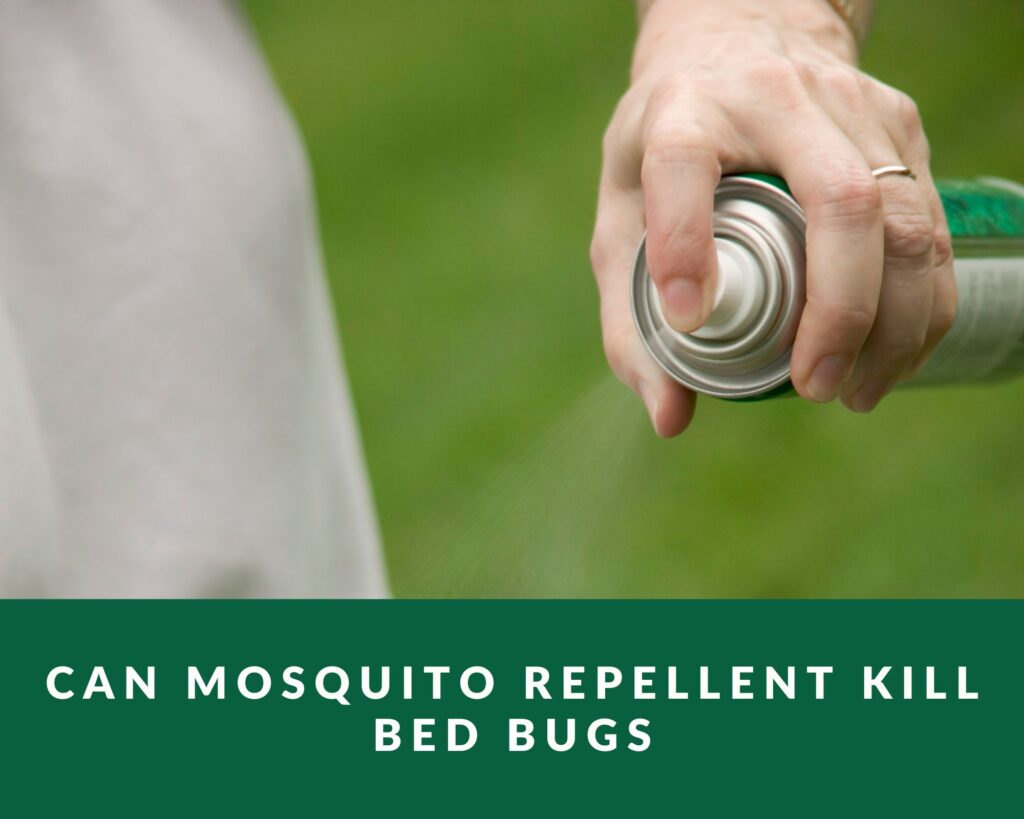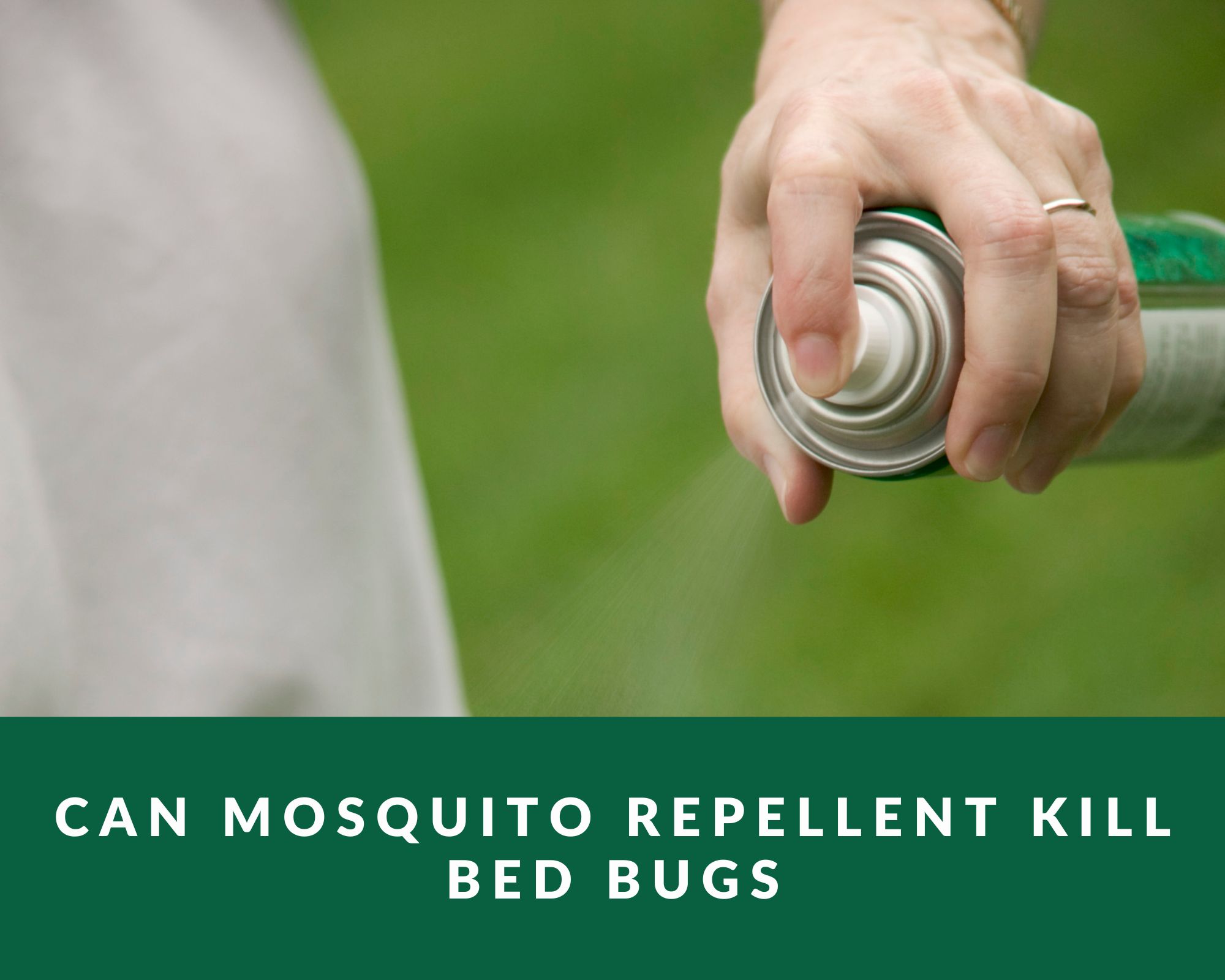
Can Mosquito Repellent Kill Bed Bugs
A majority of individuals get tensed up just thinking about bed bugs because they are so despised by so many people. No of the risks, many people will do anything to obtain relief from bed bugs.
The presence of bed bugs in a residence or hotel room is unpleasant, therefore there’s a valid explanation for that. Getting rid of bed bug infestation can be very burdensome.
However, bed bug infestation is not insurmountable. In order to avoid bed bugs because their removal can be costly, many individuals turn to different items like mosquito repellents. Read on to find out if mosquito repellent can kill bed bugs!
Can mosquito repellent kill bed bugs?
No mosquito repellent can kill bed bugs. Any pesticide not made for this purpose may not be effective against bed bugs. It is imperative that you read the label’s instructions and description and do what it says.
Mosquito repellents, for example, are designed expressly to kill mosquitoes. Obviously, they are not made to prevent bed bugs from returning. The majority of repellents can be applied directly to human skin. No repellents have been authorized for use against bed bugs at this time.
Will DEET keep bed bugs away?
DEET is therefore the ingredient in bug spray that is most frequently encountered. The amount of DEET present in a mosquito repellent determines how long it is able to repel bed bugs. The duration of the repellent usually increases with the percentage.
Using mosquito repellent or DEET sprays, especially before bedtime, when bed bugs feed on their hosts, is one of the typical ways that individuals try to ward off bed bugs. In the case of pests, repelling means that the insect will detect it and avoid it.
These products will only repel, as they claim. Exactly like if you were wearing insect repellent and got bitten by a bug. Please note: DEET does not cause the death of bed bug.
Why using common mosquito repellent won’t kill bed bugs
Publicly available mosquito repellent won’t kill bed bugs. The bugs frequently remain hidden until the insecticide evaporates and loses its effectiveness. Bed bugs might travel to evade insecticides and wind up in neighboring flats or rooms. A bed bug infestation cannot be eradicated with a miracle spray.
What kills bed bugs instead
When a bed bug infestation is identified, immediate action must be taken. Read more about early signs of bed bugs. To get rid of the pests, use the following actions:
1. Heat treatment
For significant infestations in residences or resorts, heat treatment is recommended. The entire infestation will be eliminated with just one application of these non-toxic remedies, which are also safe for both people and dogs.
You would increase the inside temperature of your home during heat treatments to a level where bed bugs cannot thrive. This technique kills bed bugs on couches and other difficult-to-reach areas since it also breaches walls.
2. Steam treatment
Steam treatment is similar to heat treatment, despite being carried out on a relatively small scale.
3. Chemical treatment
Chemical treatments are appropriate for moderate infestations that are found early or for infestations that just require sight treatment. To completely eradicate bed bugs, these treatments frequently necessitate one to two follow-up sessions.
Using a professional exterminator to get rid of bed bugs is the quickest and most efficient solution. A bed bug exterminator will assess your infestation and devise an approach to get rid of all the bugs and get your home back to normal.
Conclusion
Although bedbugs can be upsetting, there are several things you can do to get rid of them. To reduce your risk of exposure, practice one or more preventative measures every day. Even if you already have an infestation, a few DIY remedies or a quick professional fix will remove the annoyance for good.
Other Related Articles

